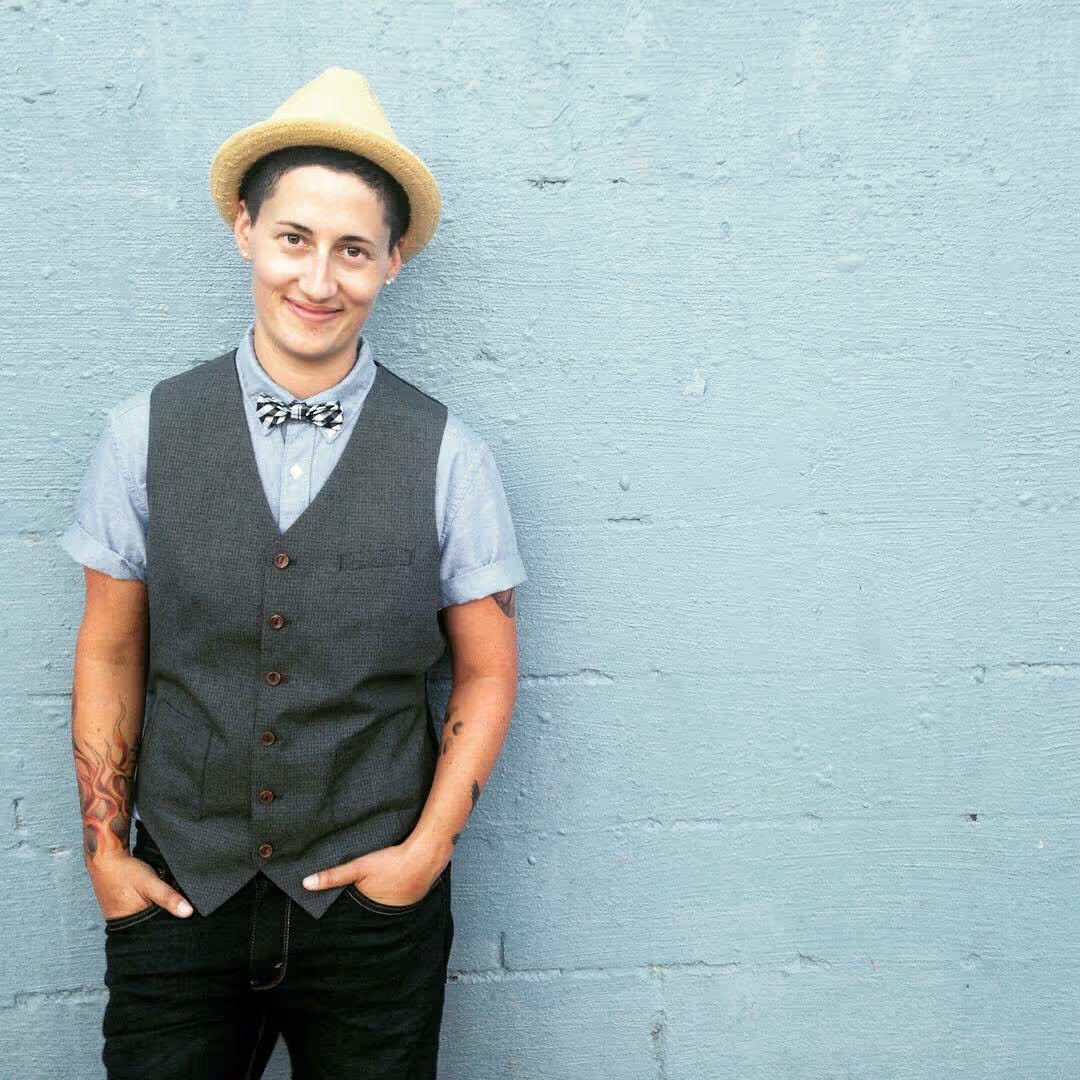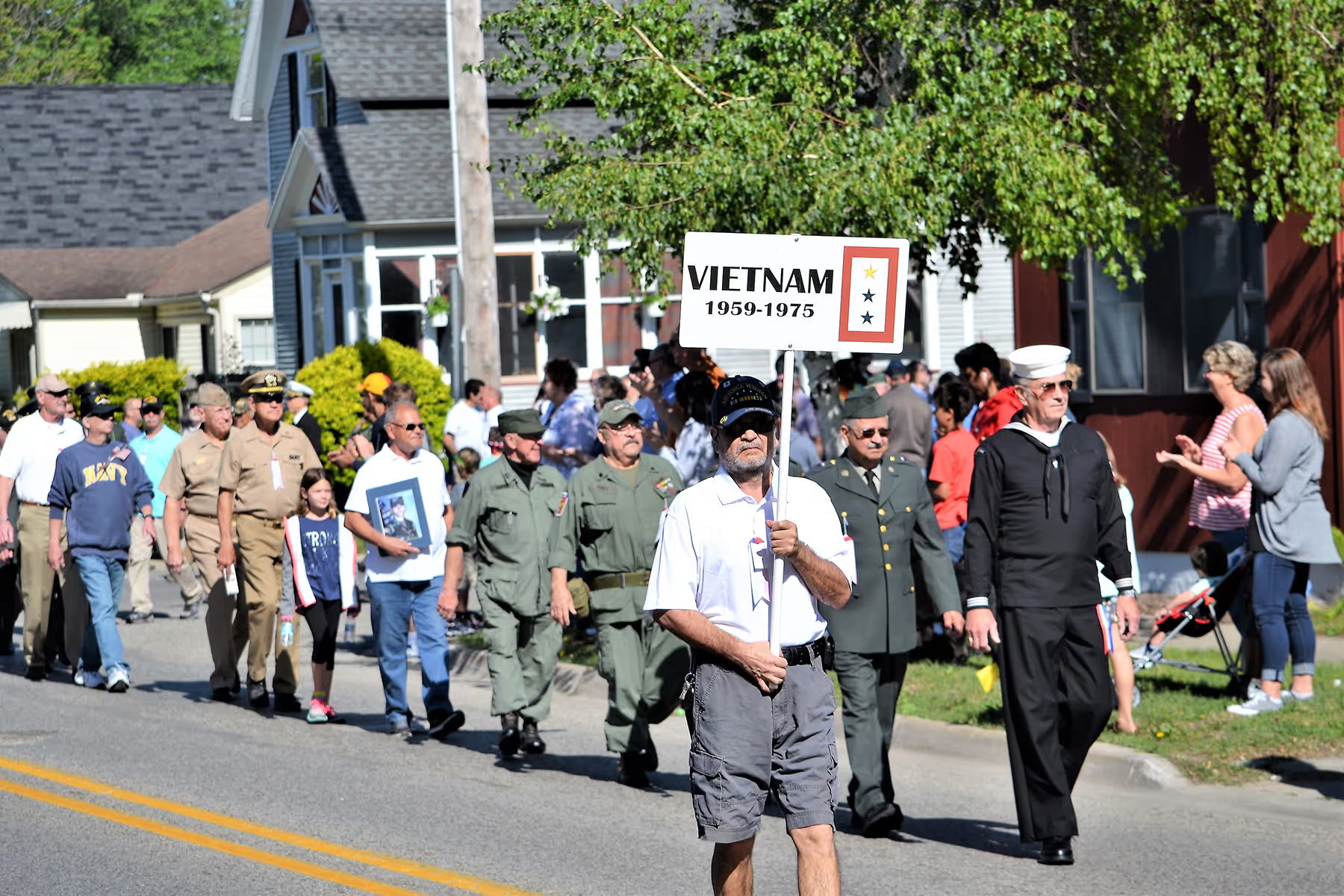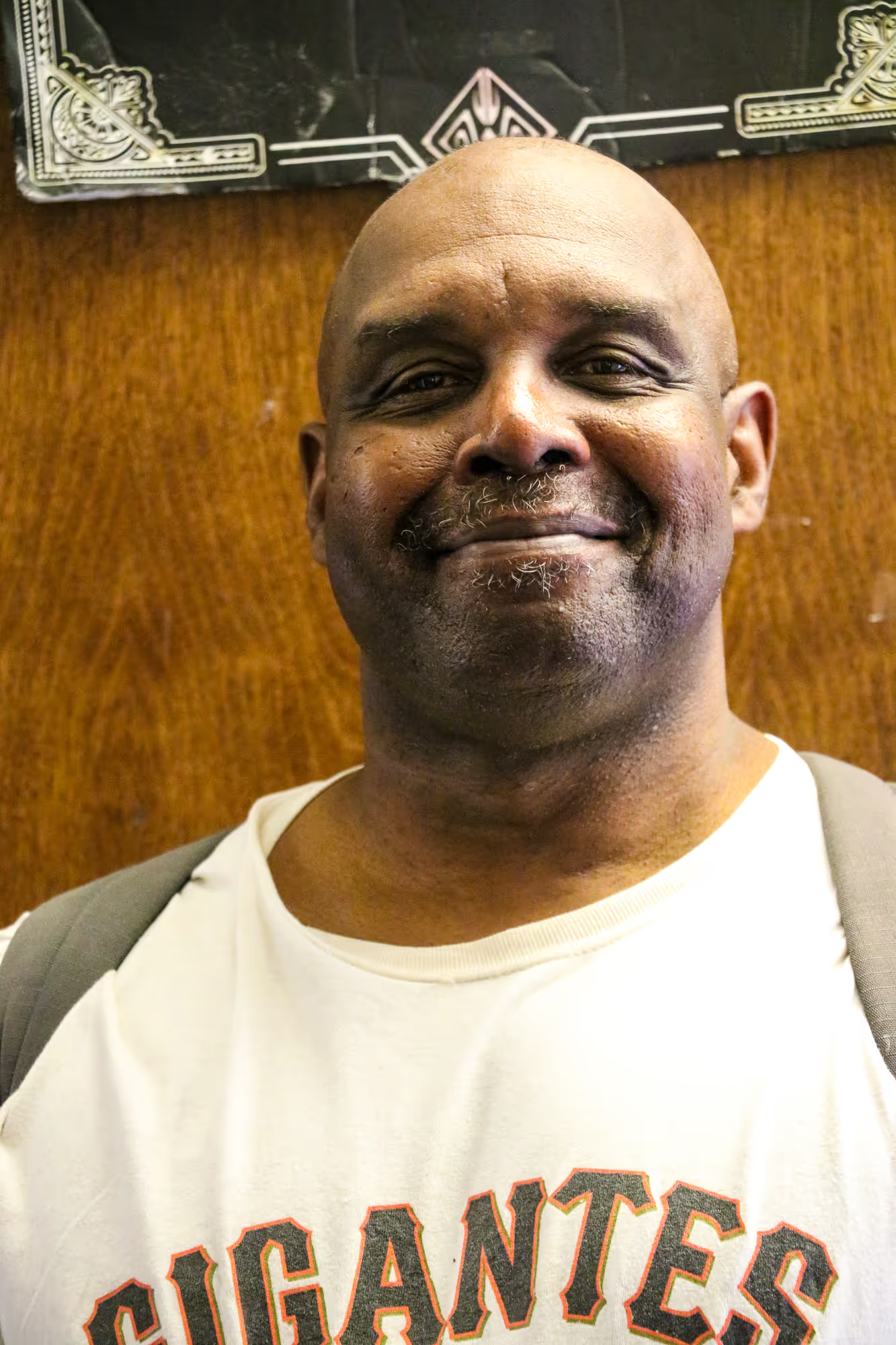MILITARY SEXUAL TRAUMA
The term military sexual trauma (MST) is used in documenting everything from verbal sexual harassment to rape. It is important to understand that MST is not a women’s issue; it impacts all genders. The number of men who have experienced MST is higher, while the percentage of women who have experienced MST is much higher.
Because service member culture is akin to family, MST is often said to be similar to familial sexual trauma. Survivors feel an intense betrayal of loyalty as respect for service and chain of command is violated. This makes the service member question their value in service and also creates huge dilemmas when they simply must trust their fellow service member for the sake of unit cohesion and safety, especially if they are deployed in a hostile environment.
Unquestioning discipline and obedience to lawful orders may make survivors feel undutiful or disloyal when reporting the assault. The intense shame, guilt, and disbelief can further isolate the survivor and hinder them from seeking care. Reporting a sexual assault carries substantial risk of retaliation including harassment, loss of career opportunities, and reduced discharge status for misconduct.
A 2015 Human Rights Watch report found that military personnel who report sexual assault are twelve times more likely to face retaliation for reporting an assault than their accused offender is to face conviction. The report included a story of a sexual assault survivor who attempted to die by suicide and was actually charged with “destruction of government property” for harming herself. Survivors of MST can also be subject to discrimination based on real or perceived LGBTQ+ status and stereotypes regarding male roles in society.
The rate of PTSD is significantly higher among veterans who have experienced MST than those who participated in sustained combat operations. Importantly, MST has been linked to higher rates of pre- and postnatal depression symptoms as well as homelessness, suicide, physical impairment, and substance use.
For information on VA care and benefits for conditions related to MST, see our chapter on Accessing VA Benefits and Care.
Recommended Reading: Military Sexual Trauma – Understanding Prevalence, Resources, and Considerations to Care
This report examines issues including post-traumatic stress disorder as a result of military sexual trauma and offers policy recommendations.
RACE-BASED TRAUMA
Research suggests the marginalization and cumulative adverse experiences of Black veterans and other veterans of color during their time in the military can leave deep scars, on top of the traumatic experiences they may have experienced that are similar to those of other veterans. Race-based trauma during military service coupled with civilian experiences of interpersonal or systemic racism can lead to poor mental health and create barriers to seeking mental healthcare.
Research shows Black veterans and Latinx veterans are more likely to be discharged from the military less than honorably, and Black veterans are less likely to have their service-connected disability benefits claims approved for PTSD. It is important for clinicians to recognize race-based trauma in treatment protocols and as a possible compensable service-connected disability. (See information about service-connected conditions in our chapter on accessing VA benefits and care.) In the treatment environment, a lack of racial representation and perceptions that providers have negative attitudes toward patients of color may impact how well these veterans engage with and trust clinicians. That lack of trust and engagement has been found to impact treatment success and adherence to prescribed medication regimens for PTSD and other mental health conditions. In addition, the perceived level of a clinician’s cultural sensitivity to a patient’s racial or ethnic background may also influence mental health.
Veterans of Color Testimonials
Listen to the stories of veterans of color discussing their experiences with race-based trauma in the military. (20:13)
HARASSMENT AND ASSAULT AMONG LGBTQ+ VETERANS
Many LGBTQ+ veterans faced the stress of concealing their sexual orientation or identity while in the military due to the previous Don’t Ask, Don’t Tell (DADT) and the now lifted ban on transgender individuals in the military. For LGBTQ+ veterans, their life in the military prior to the repeal of DADT in 2011 included fear not only of harassment and violence, but also of investigation or discharge.
While the military has made strides to allow LGBTQ+ service members to serve openly, prejudice, harassment, and assault still exist in the post-DADT era. A 2020 study found that LGBTQ+ service members face an increased risk of sexual victimization including harassment, assault and stalking while in the military than their non-LGBTQ+ counterparts, with gay and bisexual men at particular heightened risk.
This can carry over to their post-separation lives and render them still reluctant to disclose their sexual orientation or identity for fear of continued stigmatization or harassment. Some term what LGBTQ+ veterans face as “the Double Closet,” being reluctant to identify as LGBTQ+ among the larger veteran community, and also reluctant to identify as veterans in the LGBTQ+ community because of expected or experienced hostility.









